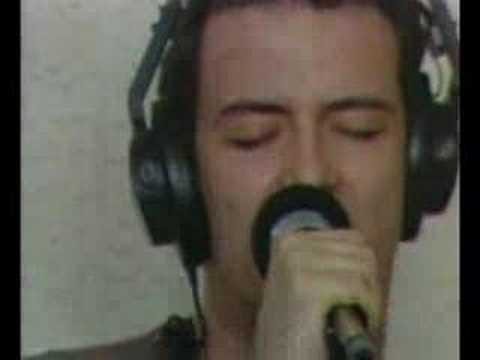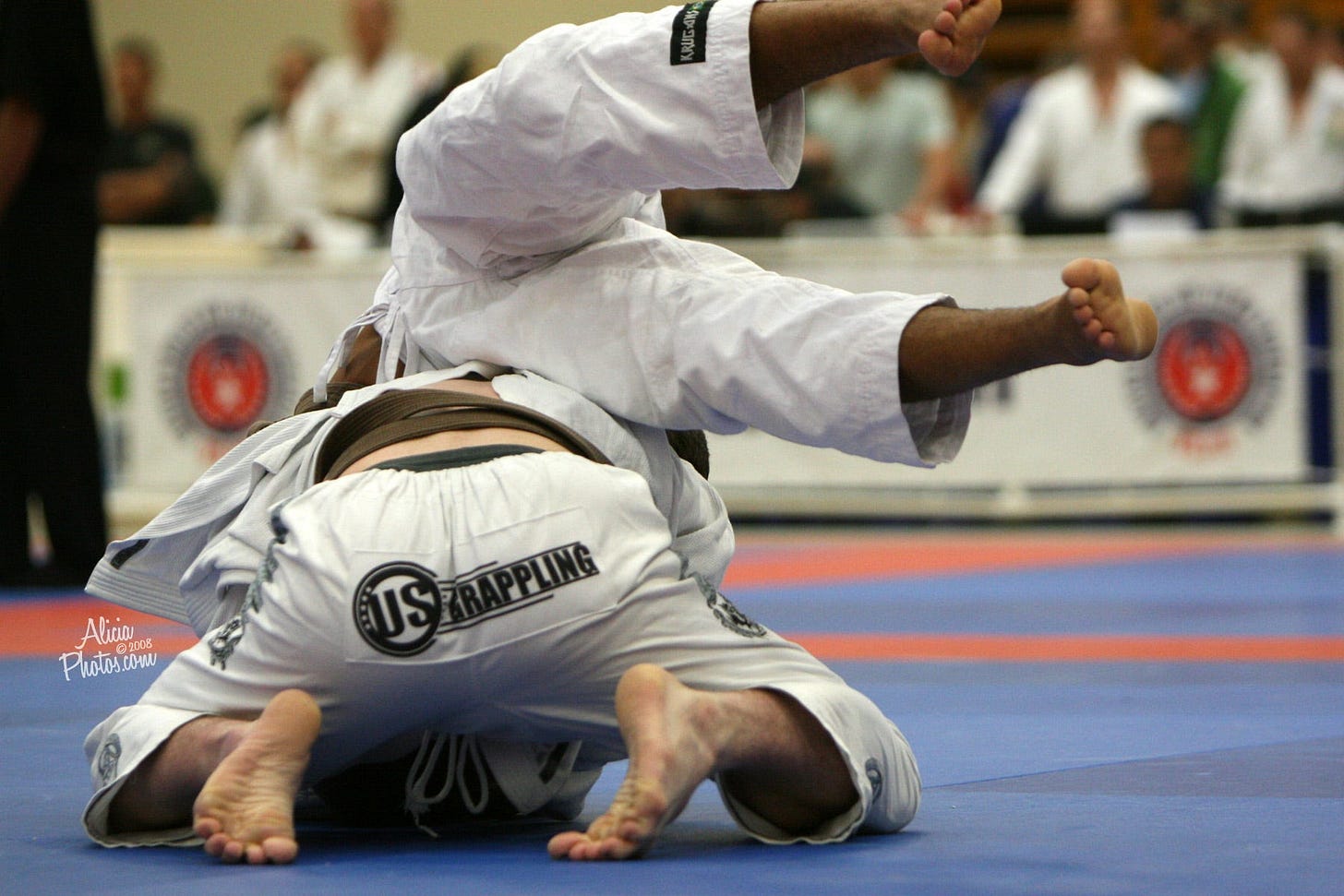Were you a hyperactive kid? I certainly was.
Back then, there wasn’t the focus on specific types of ADHD (Attention-Deficit/Hyperactivity Disorder), but instead a more general diagnosis of this kid has too much energy.
There was more to the diagnosis than just being energetic, though. Hyperactivity really meant that you weren’t able to control your activity, so you might blurt out an answer to a question before everyone else has a chance to even raise their hands. You might have a leg that shakes nonstop during class, or you might make little objects from paper with your hands.
I did all of those things and more. I was a hyperactive child.
This word was most prominent during the second half of the twentieth century, where it eclipsed the previous hyperkinetic—Greek for too much movement, basically. Hyperkinetic held sway during the middle of the 20th century, just before hyperactive and I came to prominence.
Hyper is the same Greek root word meaning too much of something. “Too much activity” only explained part of the problem, since there were actually really good times for kids to use up all this extra energy, like when they were out at recess or playing a sport that required activity. That meant a new term was needed, and by the late 80s, we got one.
ADD (Attention Deficit Disorder) had already been introduced into the psychological lexicon, and the main focus was on the inability to control attention. Two types of ADD were identified: one with hyperactivity, and one without.
Gradually, the type that includes hyperactivity got its own designation, and today, ADHD (Attention-Deficit Hyperactivity Disorder) is used to describe kids like me.
This was a notable switch! The idea that you couldn’t pay attention at the right times, and that you couldn’t be patient and focus? That added an important and nuanced layer to the diagnosis, one I knew all about first hand.
I wasn’t some nonstop burning cauldron of energy, constantly emitting radiation everywhere I went. Instead, I had little ability to wait my turn. It wasn’t quite impulse control, though: that would imply that I had more emotional outbursts than other kids, and I don’t think that was the case for me.
Instead, I was very, very eager to share what was in my mind with other people out there in the world. That hasn’t changed in nearly five decades, but what has changed is that I’ve learned how to focus.
Focus is like a muscle, and I wasn’t born with very much of it. My genetic predisposition put me one foot back in this one particular category, and I’ve needed to improve the surrounding muscle groups in order to compensate for weakness in particular spots.
Brazilian Jiu Jitsu is one activity where my focus and patience both improved immensely. Nowadays, I am an owner of several jiu jitsu schools, and I’ve been deeply involved in the business aspects of the martial art I fell in love with for decades now. However, I started just like everyone else, with very little ability to be effective against folks who knew a little bit.
In martial arts like jiu jitsu, where there is live sparring, you can’t really stop paying attention to what’s happening right in front of you. I mean, you can, but you’re going to have to tap pretty quickly, or you’re going to get thrown or taken down, or otherwise give up position.
This immediacy demands that you focus right now. On the flip side, there is very little you can do if you want to execute a technique at the wrong time, when your opponent (or partner) isn’t leaving themselves open to the move you want. This leads to patience over time, and this little bit of patience can grow.
Looking inwardly helped a lot, too. I was certainly told that I was hyperactive, but I’m not sure I understood that this was an invitation to peer inside myself deeply.
Today, I can’t get enough of thinking about thinking. Our minds do all sorts of funny things, and we are starting to understand ways to hack into our own biology, addressing psychological issues for the very first time and in new ways.
Back then, though? I was just a kid, without the ability to be truly introspective. If I had this ability then, I might have been able to see myself as others saw me, at least when I interrupted someone or fidgeted with my pencil’s eraser. I might see that showing off—letting everyone know that I knew the answer—wasn’t always as important as showing people that I could wait for them to pitch in, and that I didn’t need to dominate every little kid conversation.
Reframing hyperactivity as a lack of focus in my own mind has encouraged me to do more exercises that build that focus muscle. One project was to read something tedious and boring for 15 minutes every morning, just to make sure I could do it. This helped me build up to reading ever-more nonfiction, and now I crave this sort of reading.
Similarly, educating myself on what’s really going on when I interrupt someone has helped me to rewire my conversational abilities. This process is ongoing, and my original wiring still causes some part of me to want to be at the center of every conversation, but this part seems much smaller and quieter than it used to be, and other parts are much stronger now.
Learning the art of conversation didn’t cure my hyperactivity, but I’ve certainly learned different ways to channel my surplus energy. If you look through my archive here on Substack, you’ll find 614 consecutive days of writing and publishing. This has only been achieved through channeling that energy into the right places, so it’s fair to say that I’m making progress.
How about you: were you hyperactive as a kid? Have you found a way to channel your particular neuroses into a more useful way?






I had to wonder why you insist on publishing every day....
They’re not neurosis from an individual perspective, but rather from the interaction of your neurotype with the external world (e.g. a world built for neurotypical individuals)
I’m amazed by your ability to adapt and recognise the strength and I’m constantly enthralled in each of your posts. Your curiosity is palpable when I love it!
I highly recommend diving into Neurodiversity and it’s implications. How it was developed, how the framework views human behaviour and the world. It’s very different from the Medical model that most people are familiar with e.g. neuroses/adhd are in the individual and need to be fixed. Neurodiversity is one of my great passions and I consider myself somewhat knowledgeable on the topic.
important point - look for the latest research eg within last 5 years. Neurotribes is a great book for the historical perspective and development. Enjoy!